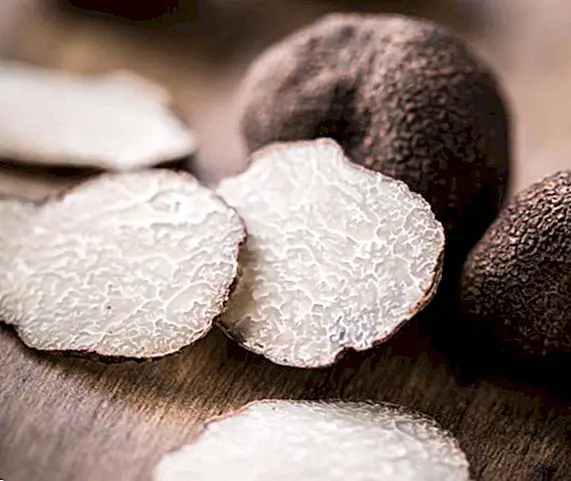Nutritional information for chestnuts
 Surely if we ask you for a autumn characteristic food, it is likely that at first you will come to mind delicious foods such as mushrooms waves chestnuts.
Surely if we ask you for a autumn characteristic food, it is likely that at first you will come to mind delicious foods such as mushrooms waves chestnuts.
Chestnuts are characterized by being precisely one of the foods of autumn, not only because they can be easily found when we go to the countryside with the family one day, but because of its delicious flavor.
Of course, we must be careful with their consumption, because if we eat them too much or do not chew them well, they can be difficult to digest.
The truth is that they are delicious in desserts, sweet or even alone. But you know how to roast chestnuts? And is that roasted chestnuts They are also a characteristic feature of this time, and ideal even for the coldest autumnal days.
Nutritional analysis of chestnuts
Nutritional content
Next we indicate you the nutritional content of chestnuts They provide 100 grams of chestnuts.
Later you can discover a little more about its content of vitamins and minerals that provide these delicious autumn foods:
Water | 43.95 g. | ||
Carbohydrates | 39 g. | ||
Proteins | 4 g. | ||
Fiber | 7.15 g. | ||
Fat | 5.25 g. | ||
Saturated fats | 3.25 g. | ||
Monounsaturated fats | 0.60 g. | ||
Polyunsaturated fats | 1.30 g. |
Chestnuts vitamins
Vitamin B1 | 0.18 mg. | ||
Vitamin B2 | 0.10 mg. | ||
Vitamin B3 | 1.28 mg. | ||
Vitamin B5 | 0.55 ug. | ||
Vitamin B6 | 0.30 mg. | ||
Vitamin B9 | 7.48 ug | ||
Vitamin E | 1.45 mg. | ||
Vitamin K | 11.25 ug |
Chestnuts minerals
Calcium | 47 mg. | ||
Copper | 0.52 mg. | ||
Match | 85 mg. | ||
Iron | 1.10 mg. | ||
Magnesium | 40 mg. | ||
Manganese | 1,17 mg. | ||
Potassium | 593 mg. | ||
Selenium | 1.20 ug. | ||
Sodium | 11 mg. | ||
Sodium | 0.60 mg. |
Image | cookbookman17 This article is published for informational purposes only. You can not and should not replace the consultation with a Nutritionist. We advise you to consult your trusted Nutritionist.



